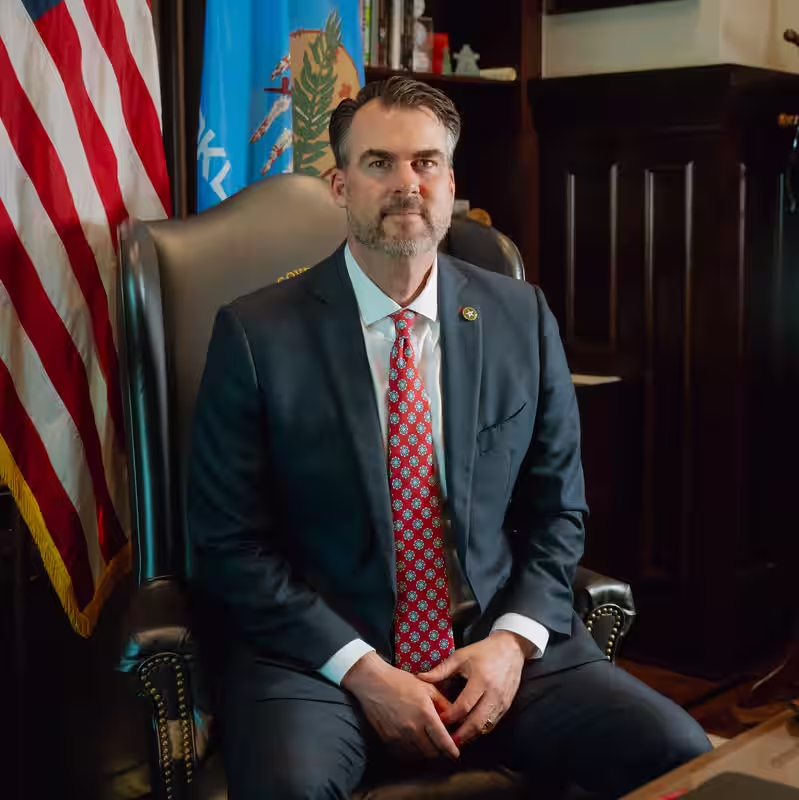Table of Contents
- Governor Stitt’s Stance on Federalism
- The Texas Deployment Controversy
- National Governors Association Stays Silent
- What This Means for U.S. Politics
- Sources
Governor Stitt’s Stance on Federalism
In a surprising break from GOP solidarity, Oklahoma Governor Kevin Stitt has publicly criticized Texas Governor Greg Abbott for sending National Guard troops into Illinois without the consent of Governor J.B. Pritzker. As the current chairman of the National Governors Association (NGA), Stitt emphasized his commitment to states’ rights and the federalist system.
“Oklahomans would lose their mind if Pritzker in Illinois sent troops down to Oklahoma during the Biden administration,” Stitt told The New York Times.
Stitt, a Republican who has consistently supported former President Donald Trump’s law-and-order agenda, stressed that his objection isn’t about immigration enforcement—but about precedent. He warned that allowing one governor to deploy troops into another state against its will could backfire if political power shifts.
Why States’ Rights Matter Now More Than Ever
Stitt pointed to his own legal battles during the pandemic, when he joined Abbott in suing the Biden administration over federal vaccine mandates for National Guard troops. That same principle, he argues, should apply now—even when the roles are reversed.
The Texas Deployment Controversy
Texas’s decision to send National Guard units to Chicago has ignited a firestorm. The move, framed by Abbott as a response to rising crime and obstruction of federal immigration operations, was done without Illinois’s approval. Governor Pritzker called it “an unconstitutional invasion,” while California Governor Gavin Newsom echoed similar concerns.
Stitt clarified that he supports Trump’s broader goals—protecting ICE agents and restoring order in cities like Chicago and Portland—but believes the correct path would have been for the federal government to federalize Illinois National Guard units first, not bypass the state entirely.
National Governors Association Stays Silent
Despite mounting pressure from Democratic governors—including threats from Pritzker and Newsom to leave the NGA—the association has remained neutral. Stitt explained that the NGA is structured as an educational nonprofit under IRS code and avoids taking political stances.
“The N.G.A. is an educational organization… We’re not going to be weighing into the politics. That’s not our lane.”
Still, Stitt made clear his remarks reflect his personal views as Oklahoma’s governor, not an official NGA position.
What This Means for U.S. Politics
Stitt’s comments signal a potential rift within Republican ranks over the limits of executive power. While many GOP leaders rally behind hardline immigration tactics, Stitt’s emphasis on constitutional boundaries could resonate with moderates and federalism purists.
He also urged both sides to “give the other side the benefit of the doubt,” noting that elections have consequences—whether you’re a Democrat wary of Trump or a Republican frustrated with blue-state policies.
With Stitt and Abbott set to meet this weekend at the historic Oklahoma-Texas football rivalry in Dallas, all eyes will be on whether this disagreement sparks a broader conversation among Republican governors about the proper use of National Guard forces across state lines.




